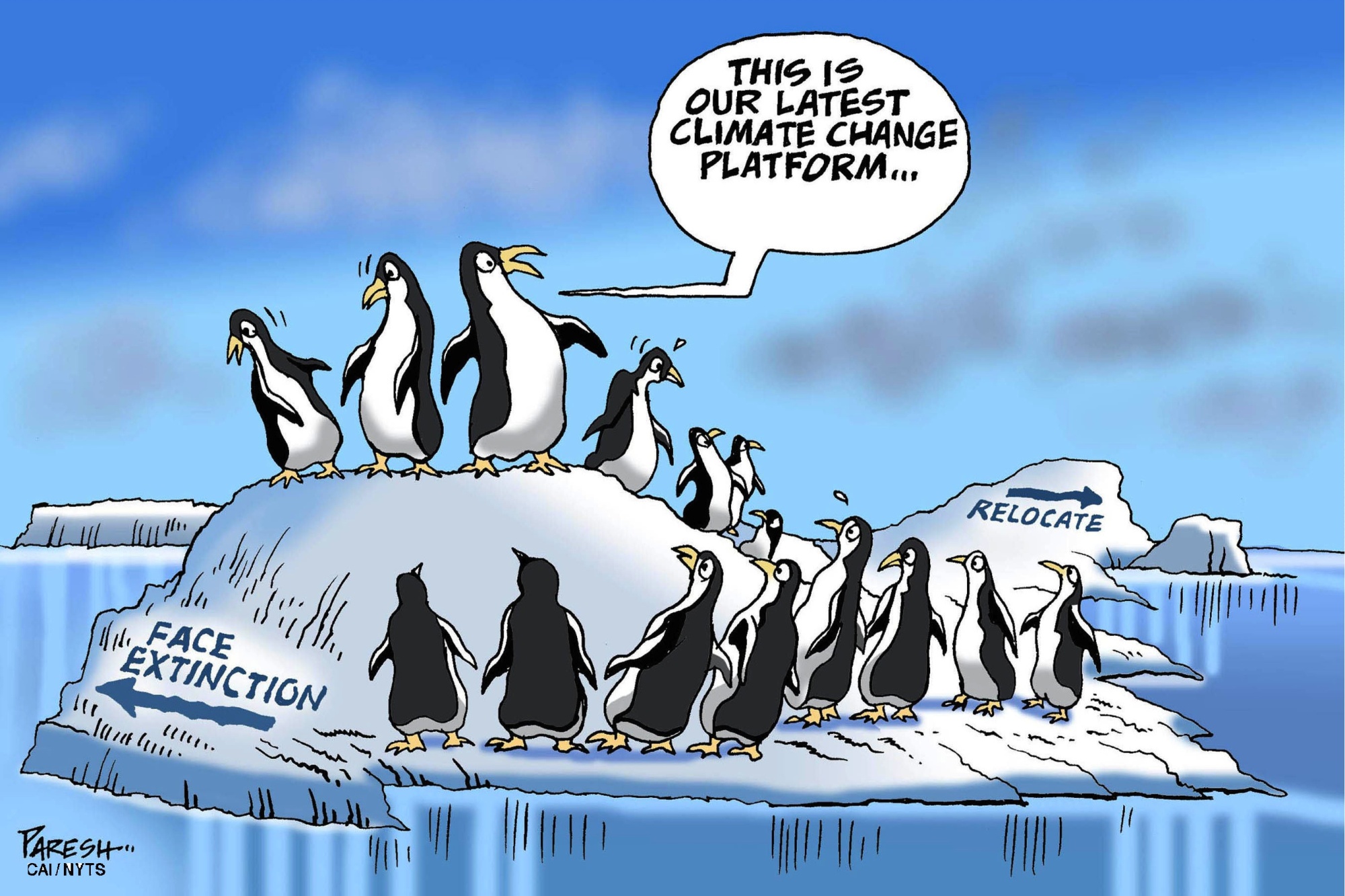Governments around the world are engaged in a series of talks that could alter how the movement of people across borders is managed. One dialogue is focused on the protection of refugees; the other on migration.
These discussions, led by the United Nations, will not result in legally binding agreements. But the talks are a rare chance to forge consensus on contemporary migration challenges. And, most importantly, they will offer the international community an opportunity to plan for the impact of climate change, which will soon become a key driver of global displacement and migration.
At last count, there were some 258 million migrants worldwide, with 22.5 million people registered as refugees by the U.N. Refugee Agency. These numbers will be dwarfed if even the most modest climate-related predictions are borne out. According to the International Organization for Migration, climate change could displace as many as one billion people by 2050. And yet no international treaty covers climate-induced migration — a gap that must be addressed now.


















With your current subscription plan you can comment on stories. However, before writing your first comment, please create a display name in the Profile section of your subscriber account page.